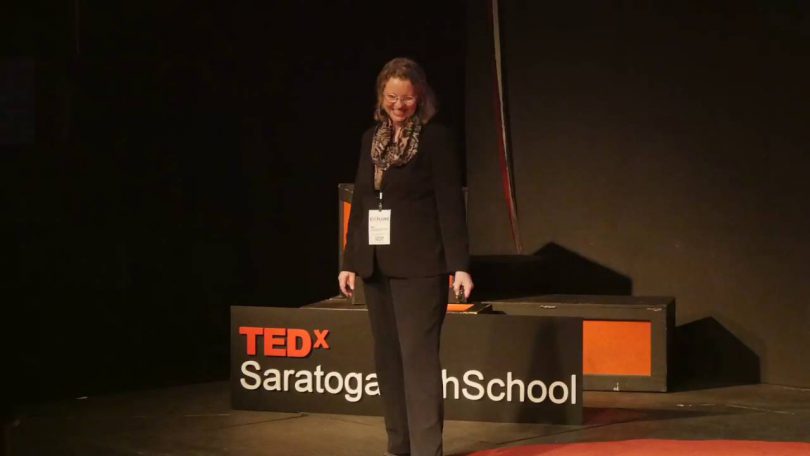This talk was filmed at TEDxSaratogaHighSchool, an independently organized TED event (April 15, 2016).In this talk, Lorien Pratt discusses Artificial Intelligence, Intelligence Augmentation, Deep Learning, and how she and other tech pioneers are harnessing these tools to advance machine learning and intelligent decision modeling technology.
Who is Lorien Pratt?
Lorien Pratt is an entrepreneur, machine learning pioneer, and coder. The inventor of the fields of machine learning inductive transfer and Decision Intelligence (DI), Pratt has been providing machine learning solutions to her clients for over 30 years. She received the CAREER award from the National Science Foundation, an innovation award from Microsoft, and the Exemplary Research award from the Colorado Advanced Software Institute. She has authored dozens of academic papers, was invited editor for the journals Machine Learning and Connection Science , co-edited Learning to Learn, and wrote the Decision Engineering Primer.

Lorien Pratt is an entrepreneur, machine learning pioneer, and coder. The inventor of the fields of machine learning inductive transfer and Decision Intelligence (DI), Pratt has been providing machine learning solutions to her clients for over 30 years. She received the CAREER award from the National Science Foundation, an innovation award from Microsoft, and the Exemplary Research award from the Colorado Advanced Software Institute. She is a former college professor, software developer, and technology analyst. As global director of Stratecast (a division of Frost and Sullivan) Pratt led an international team of writers and consultants. She has authored dozens of academic papers, was invited editor for the journals Machine Learning and Connection Science , co-edited Learning to Learn, and wrote the Decision Engineering Primer. Today, Pratt spends her time on numerous machine learning and decision modeling projects, is technology lead for the Silicon Valley SimCenter.


Which fallen angel is she………
I taught “Interactive Management” for five years at George Mason University. It was not similar to “Future Search” or other Consensus methodologies because it included free thought in the process, which other Consensus methodologies suppress.